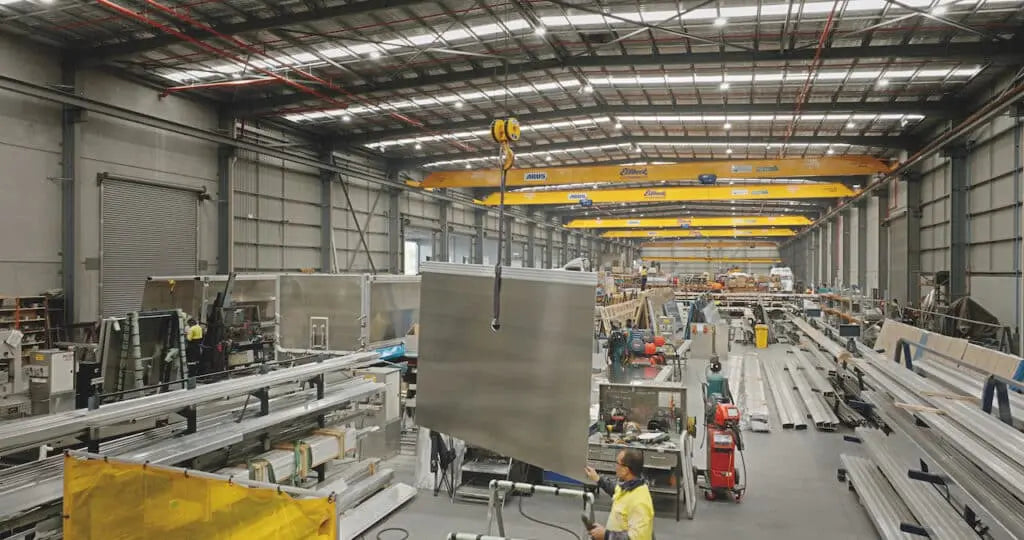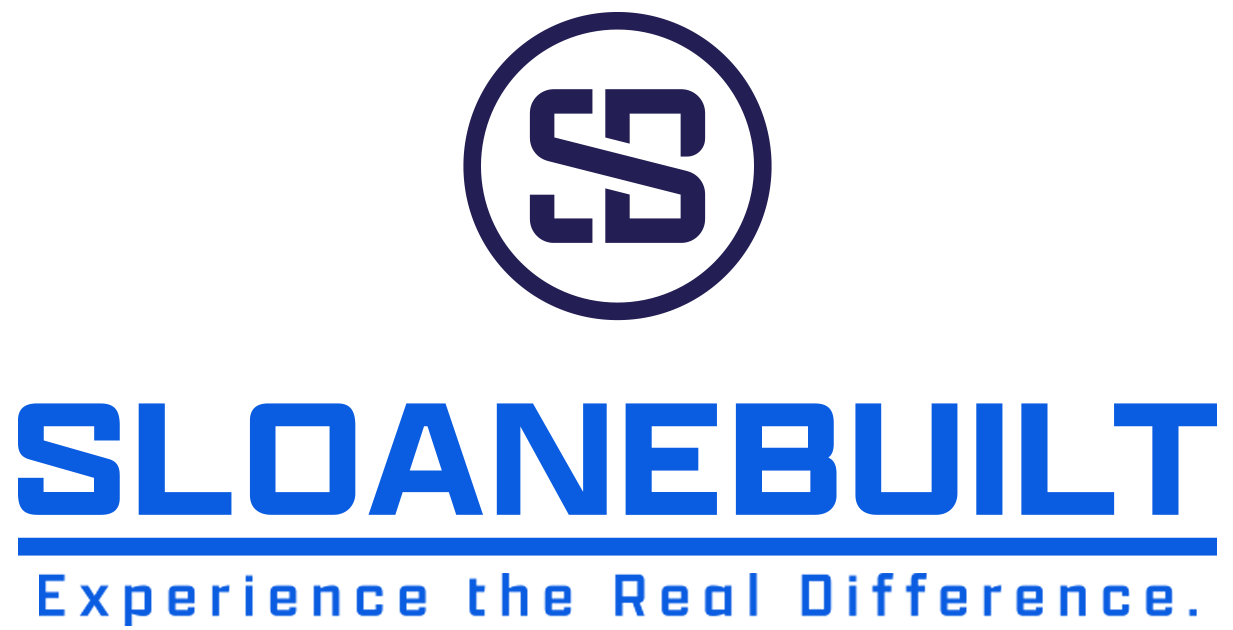
Sloanebuilt Embraces Capral’s LocAl
For over 35 years, Sloanebuilt has excelled in the manufacturing of custom rigid bodies and truck trailers. The Australian-owned family business prides itself on the design and manufacture of quality heavy vehicle trailers, nationally renowned for their strength, durability and reliability.
However, with companies facing increasing pressure to prioritise decarbonisation and sustainability, Sloanebuilt’s dedicated leadership team is making strides towards more sustainable aluminium trailer construction with a switch to LocAl lower carbon aluminium from Capral.
Lightweight, strong and resilient aluminium has become an increasingly popular material for use within the transport sector. Through its innate ability to achieve payload reductions, aluminium in particular offers great potential for reducing carbon emissions by replacing traditional steel and cast-iron components with lightweight aluminium. The weight of a vehicle’s body and chassis can be reduced by up to 50 per cent, and this reduction directly translates into lower fuel consumption and carbon emissions.
While its versatility makes it a popular choice for trailer manufacturers nationwide, aluminium itself can be energy-intensive to produce with significant variations in the carbon emissions generated by smelters during the production of primary aluminium. The main contribution to the carbon emissions of aluminium comes from the electrolysis process used in aluminium smelting. Around 60 per cent of the aluminium sector’s Greenhouse gas (GHG) emissions are from the production of electricity consumed during the aluminium smelting process.
The carbon emissions in primary aluminium production range from under 4kg CO2e/kg Al to over 20kg CO2e/kg Al, largely dependent upon the energy sources used. The current global average carbon emission for primary aluminium is approximately 13.9kg CO2e/kg Al.
In October 2022, Capral introduced LocAl, its own lower-carbon aluminium option available across locally extruded aluminium products. At eight kilograms of carbon emissions per kilogram of aluminium, the LocAl Green offer has substantially lower carbon emissions than the current global average for primary aluminium. The offer was expanded to include rolled products in November last year with Capral LocAl aluminium plate now available.
With a comprehensive lower carbon aluminium offer now open to Sloanebuilt, the business did not hesitate to make the industry-leading move to switch all its aluminium purchases to Capral’s cleaner, greener option.
“We view this as an exciting and important move for Sloanebuilt,” says Sloanebuilt Managing Director, Fred Marano. “Sloanebuilt trailers are used by some of the largest transport fleets in Australia, servicing some of the largest businesses in Australia across a wide range of industry sectors.
“As more and more businesses prioritise decarbonisation, the ability to offer a lower carbon option for trailer builds is becoming increasingly important. This is a simple change Sloanebuilt can make that has a huge impact on the total carbon emissions associated with our builds without compromising the quality, durability or performance of our trailers.”
By choosing Capral’s LocAl Green lower carbon aluminium, Sloanebuilt is demonstrating its commitment to reducing its carbon footprint while maintaining the high-quality builds it is known for. Capral Industrial Solutions State Manager NSW, Mark Murray, says this strategic move will allow Sloanebuilt to meet the increasing demand for sustainable transport options and set an example for the industry.
“Sloanebuilt’s commitment to supporting the Australian economy and using locally sourced materials is part of their ethos,” he says. “I’m not surprised they are the first trailer manufacturer in Australia to switch to locally supplied lower carbon aluminium for their builds, making them a clear industry leader in this space.”
Part of the Sloanebuilt quality commitment is that the suppliers of materials and components used in Sloanebuilt trailers must pass stringent performance criteria – durability, reliability and sustainability are critical factors in the team’s material selections.
Earlier this year, Capral became the first Australian aluminium extruder to achieve Aluminium Stewardship Initiative (ASI) Performance and Chain of Custody (CoC) certifications for the extrusion, warehousing and distribution of aluminium products and services. The certifications apply to all of Capral’s 26 facilities, composed of mills, distribution centres and aluminium centres spread across every state and territory in Australia. These certifications recognise Capral’s commitment to responsible production, sourcing and management of aluminium products.
“It was great to see Capral achieve their ASI certifications,” Fred says. “This ticks a box for Sloanebuilt, giving us added assurance about the responsible sourcing of our aluminium.”
Sloanebuilt’s dedication to sustainability goes beyond just the choice of materials. It has implemented various sustainable manufacturing practices, including energy-efficient processes, waste reduction initiatives and responsible sourcing. By integrating sustainability into every aspect of its business, Sloanebuilt is setting a new standard in environmentally conscious manufacturing within the Australian heavy vehicle transport sector.

